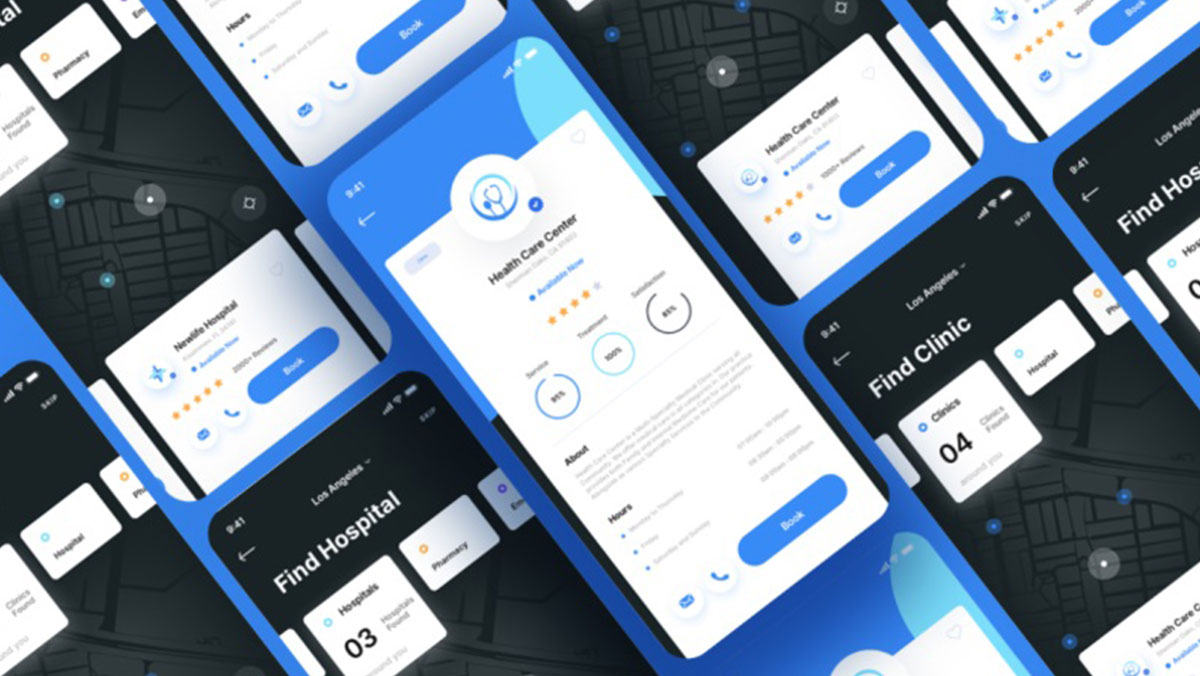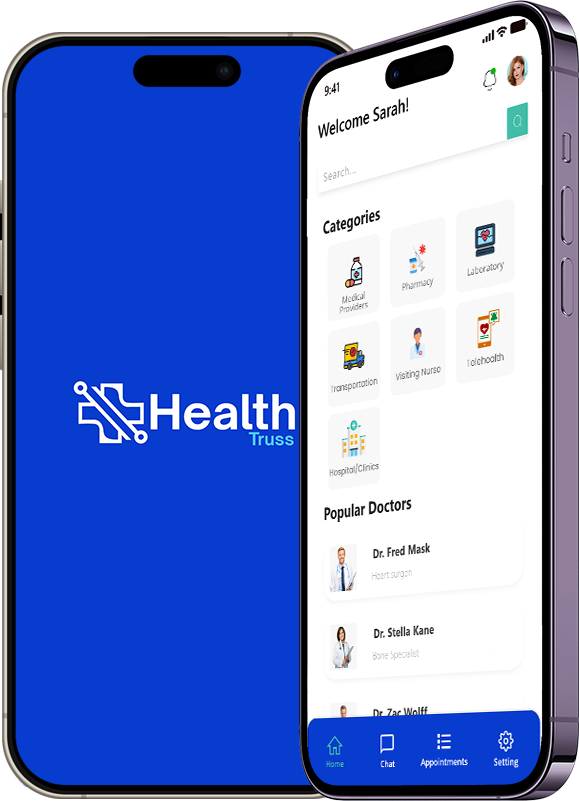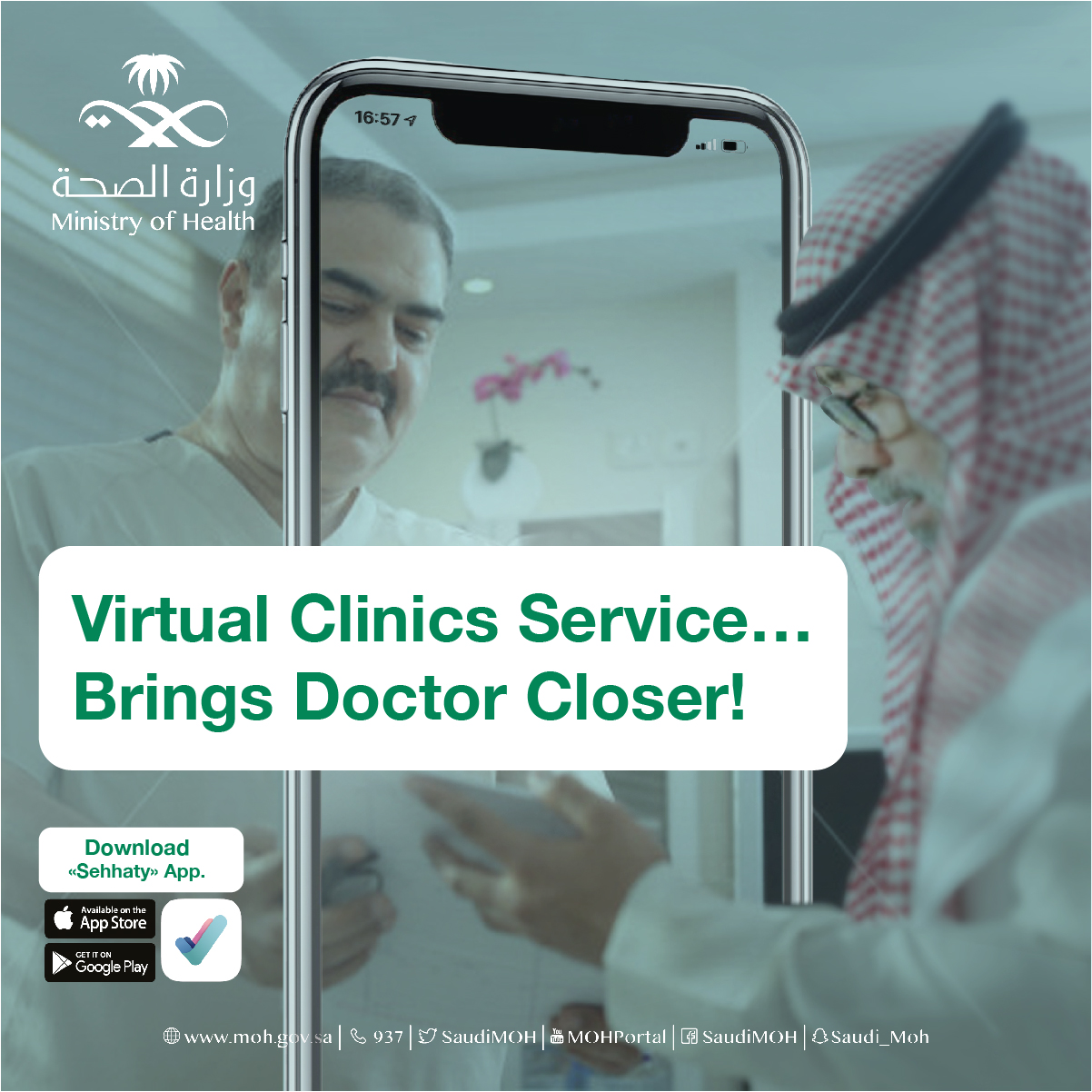Enhance Operations: Why Your Clinic Demands a Mobile App for Clinics Now
Enhance Operations: Why Your Clinic Demands a Mobile App for Clinics Now
Blog Article
The Future of Medical Care: Why Clinics Need a Mobile Application Today
As the healthcare landscape continues to advance, clinics deal with placing pressure to adapt to patient expectations for higher comfort and ease of access. The combination of mobile applications can serve as a vital approach for improving person engagement and enhancing operations.
Altering Client Expectations
As the landscape of medical care develops, person expectations are undertaking a significant transformation. Today's individuals are progressively seeking ease, access, and personalized treatment. With the surge of modern technology, especially mobile applications, people currently anticipate a smooth combination of healthcare solutions into their lives. They want the capacity to take care of visits, accessibility medical documents, and communicate with doctor through their smartphones, mirroring a shift in the direction of a more positive strategy to health management.
In addition, individuals are ending up being extra informed and equipped, frequently researching problems and therapies online before assessments. This heightened understanding is combined with a need for transparency in medical care processes, consisting of expense price quotes and therapy options. Therefore, service providers are forced to adapt by embracing electronic devices that enhance the client experience.
The assumption for timely and reliable communication has actually never ever been greater, with lots of patients taking into consideration responsiveness a critical component of top quality care. mobile app for clinics. In this evolving landscape, health care companies need to identify these altering assumptions and leverage mobile applications to foster a more patient-centric method, making sure that they not just satisfy yet go beyond the criteria established by today's educated consumers
Enhancing Person Engagement

Mobile applications facilitate communication in between clients and doctor, making it possible for real-time consultation scheduling, reminders for medication adherence, and direct messaging features. These performances not only enhance convenience but additionally develop a feeling of accountability amongst patients. Additionally, mobile apps can use academic material customized to specific requirements, helping individuals much better recognize their problems and treatment choices.
The integration of gamification components within healthcare applications can also encourage clients to involve in healthy and balanced behaviors, reinforcing favorable way of living modifications. Inevitably, boosting person involvement via mobile applications leads to improved wellness end results, higher person satisfaction, and an extra collective health care experience.
Enhancing Center Workflow
Simplifying clinic procedures is essential for boosting process efficiency and maximizing patient treatment. The execution of mobile applications can substantially minimize management worries, permitting doctor to focus more on individual communications. By automating appointment scheduling, individual check-ins, and invoicing procedures, centers can minimize wait times and improve general operational performance.
Mobile applications also help with real-time access to person records, enabling health care experts to make informed choices rapidly. This immediacy not only enhances the quality of treatment but likewise minimizes the likelihood of mistakes related to misplaced or dated info. Leveraging mobile innovation sustains a more orderly strategy to handling individual follow-ups and treatment strategies, making certain that no crucial steps are ignored.
This permits for timely replenishment and helps stay clear of disturbances in patient care due to stock scarcities. By incorporating these go to my blog performances right into their everyday procedures, clinics can create an extra effective and cohesive environment, inevitably leading to boosted patient results and satisfaction.
Improving Communication Networks
Effective interaction is often cited as a foundation of quality medical care distribution. In today's hectic medical setting, mobile applications can significantly improve communication channels between centers, people, and doctor. By incorporating mobile apps into their operations, centers can promote real-time communications, ensuring that individuals obtain timely details regarding their visits, examination results, and treatment plans.
Mobile apps additionally empower patients to connect straight with their health care teams through safe and secure messaging attributes. This direct line of communication fosters a sense of engagement and enables prompt clarification of problems, which can cause much better adherence to treatment methods. Additionally, press notices can advise individuals of upcoming appointments or medication routines, decreasing no-show prices and improving general health and wellness results.

Remaining Competitive in Healthcare
In a swiftly advancing health get more care landscape, companies should focus on innovation and flexibility to keep an affordable edge. The integration of mobile applications right into healthcare solutions is no much longer optional; it is essential for centers aiming to improve individual involvement, simplify operations, and boost general solution distribution.
As people significantly depend on digital platforms for health and wellness monitoring, clinics that stop working to adopt mobile technology risk falling back. A properly designed mobile app can use features such as visit organizing, telemedicine consultations, and access to medical documents, giving clients with ease and cultivating commitment.

Rivals are additionally investing in mobile services, so remaining ahead requires continual improvement and staying educated concerning technical developments. Facilities must not only apply mobile applications but likewise involve in regular updates and refinements. Eventually, the successful assimilation of mobile innovation will distinguish forward-thinking healthcare organizations and established the criteria for patient-centric care in an electronic world.
Verdict
In verdict, the combination of mobile applications in clinics is important to deal with the progressing landscape of client assumptions. By enhancing person engagement, improving operations, and improving communication networks, i was reading this centers can significantly enhance health results. Furthermore, the adoption of mobile modern technology placements centers to continue to be affordable in a progressively digital medical care environment. Ultimately, the critical application of mobile apps represents a crucial step toward supplying accessible and personalized medical care, thereby satisfying the demands these days's equipped individuals.
Inevitably, enhancing patient interaction via mobile applications leads to improved health end results, higher person contentment, and an extra collective healthcare experience.Mobile applications likewise help with real-time access to client records, making it possible for healthcare professionals to make educated choices swiftly. In today's hectic medical atmosphere, mobile applications can substantially improve interaction channels in between facilities, individuals, and healthcare companies.Mobile apps also encourage patients to interact straight with their medical care groups with secure messaging functions. Inevitably, the calculated implementation of mobile apps represents a critical action toward providing tailored and obtainable health care, thereby meeting the demands of today's empowered individuals.
Report this page